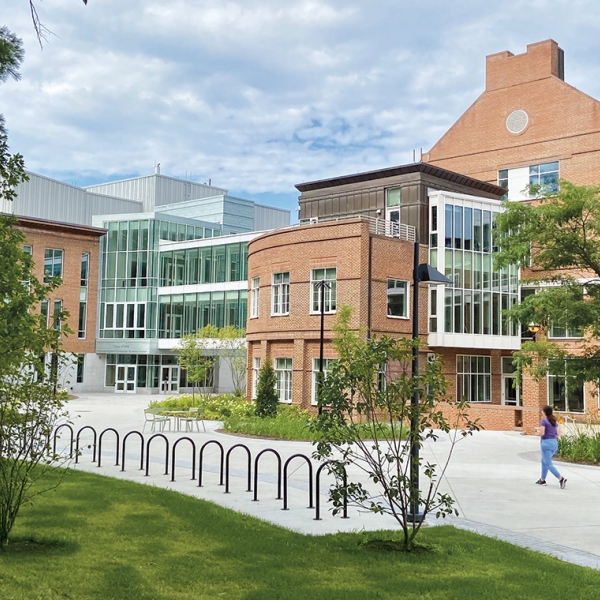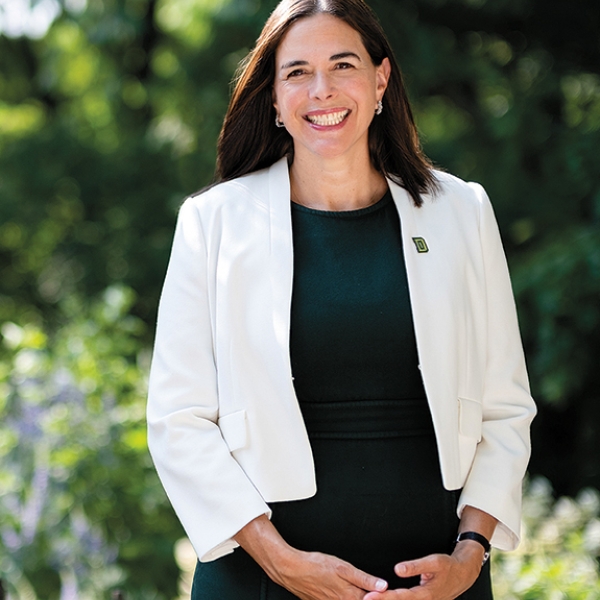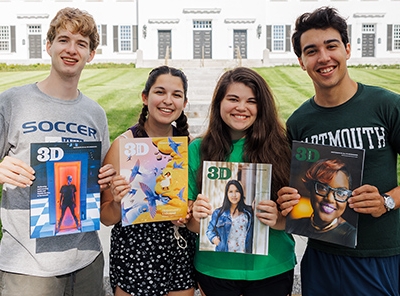SIMON: I want to play a question for you that I gather was asked at the second forum. And I say this as someone who was once a reporter in the Middle East—I don't know how I'd handle it. The question is, is Israel—can it be fairly called an apartheid state? Here's the question.
UNIDENTIFIED PERSON: My question—all major international human rights organizations—Amnesty International, Human Rights Watch, even Israeli ones like B'Tselem, use the term apartheid to describe the Israeli treatment of Palestinians. But it seems like in a lot of these spaces, apartheid gets kind of dismissed and ignored, as though it makes people uncomfortable. I would like to get your direct thoughts on apartheid and stop skirting around the question. Thank you for your time.
SIMON: Two of your colleagues took that question, I gather. What would you have said if you were there that night?
HESCHEL: So I was there. Our colleague Ezzedine Fishere, who is, in fact, a former diplomat from Egypt, responded to the student and pointed out that the definitions and the international law of apartheid do not apply in that blanket way to Israel, first of all. And second of all, he asked the student, what are you trying to accomplish? So what's the purpose of calling Israel an apartheid state? It becomes an epithet to arouse people's rage in Israel. And what does that accomplish? More anger, more tension, more conflict, more war. What is the point? So we have to think about the kinds of questions we want to raise here and think about the goal we want to achieve. And the goal is ultimately peace, two people living in peace next to each other.
EL-ARISS: Yeah. You know, when does the conversation stop? Or when does recognizing the power differential becomes the end of the conversation, you know? OK, now I identified who's the bad guy and who's, you know, being violated, and we stop there. And it's—and this is not our job—is simply stop at the condemnation. We want to understand, want to revisit the historical context, want to imagine a different future. You know, we need to do all this other work around. And we don't want to stop at just simply saying, this is the bad guy. This is the good guy, you know, and then stop just right there.
SIMON: Let me ask you both if there—as the great teachers you are—if there's one thing you could isolate now to tell all of us during this time, what would that be? Professor Heschel?
HESCHEL: I want people to think in complex terms, not to be satisfied with the reductionist approach, to place the present in a larger context of the past but also, as we've been saying, to think about a better future, to imagine it. I had to give a talk recently about the Sabbath. The Sabbath is supposed to be a foretaste of Paradise. And the problem is nobody thinks about Paradise anymore. We're so immersed in the horrors of the present and the past...
SIMON: Yeah.
HESCHEL: ...We don't have a vision of a future. And that, I think, is true society wide. So what can we envision for a future—and not in a punitive way? That's also part of the problem. There's something right now in the response to this current horror in the Middle East that feels very punitive and a bit sadistic. People need to be punished. Israel has to be punished. Hamas has to be punished. Why are we thinking in those terms? We're talking about human beings.
SIMON: Professor El-Ariss?
EL-ARISS: I grew up in Beirut during the civil war, and I've experienced bombing and displacement. And actually, I just wrote a book about it. And I also had to teach the Middle East in New York on 9/11. I was supposed to meet with my students on that day. So I learned the hard way of how to deal with these—talking about the region, talking about conflicts but also engaging when conflicts arise and how to really listen. And this is not the first time. For many of us, this is an ongoing spectacle, which—but every time it fills us with sadness. But also, it is something that we need to engage and allow, you know, those emotions, as well, to make us reflect more and do more work, to teach more courses and bring more people into this conversation.
SIMON: Susannah Heschel is chair of the Jewish Studies Program, and Tarek El-Ariss is chair of Middle Eastern Studies—both at Dartmouth College in New Hampshire. Thanks for being with us.
EL-ARISS: Thank you, Scott.
HESCHEL: Thank you, Scott.
Copyright © 2023 NPR. All rights reserved. Listen to the conversation on the NPR website.
Illustrations by Greg Mably







